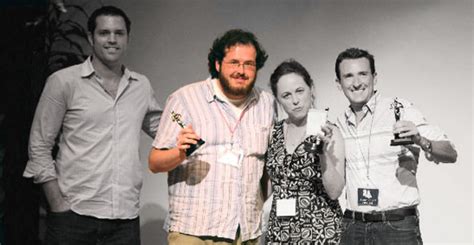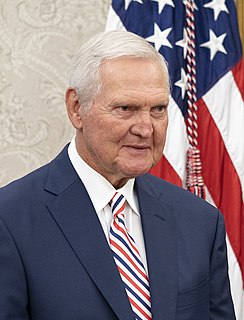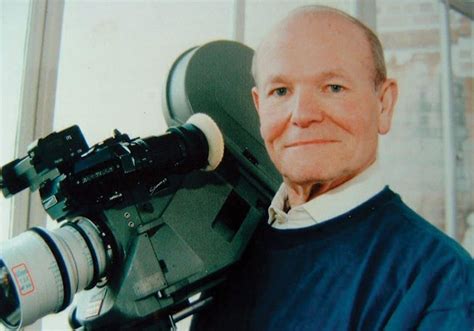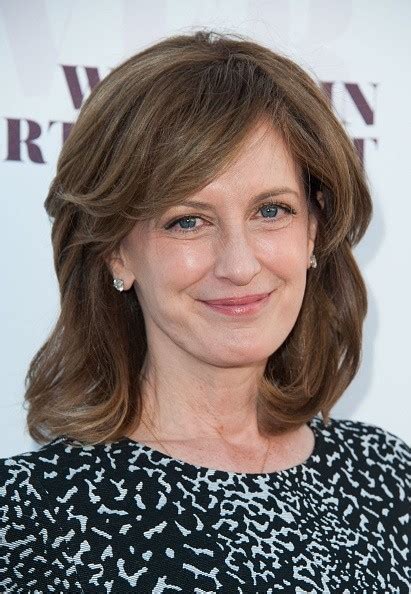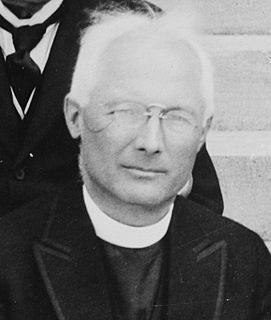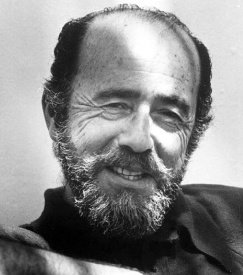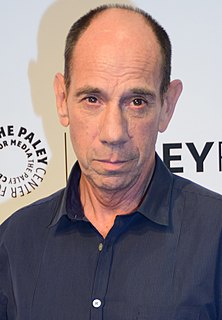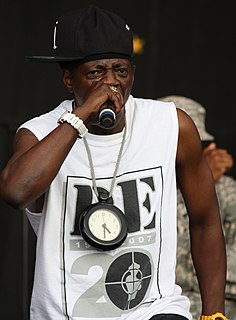Top 1200 Blank Page Quotes & Sayings - Page 5
Explore popular Blank Page quotes.
Last updated on April 22, 2025.
My writing just kind of exists out there in the air-it's all sort of intended as spoken, or sung, word. So, to commit them to the page...that way was kind of intimidating to me, yet intriguing, to try to reflect the rhythms and connotations and emotions that you can deliver, speaking-wise, on a page.
When I was about 7 years old, I had been labeled dyslexic. I'd try to concentrate on what I was reading, then I'd get to the end of the page and have very little memory of anything I'd read. I would go blank, feel anxious, nervous, bored, frustrated, dumb. I would get angry. My legs would actually hurt when I was studying. My head ached. All through school and well into my career, I felt like I had a secret. When I'd go to a new school, I wouldn't want the other kids to know about my learning disability, but then I'd be sent off to remedial reading.
It had that comfortably sprung, lived-in look that library books with a lively circulation always get; bent page corners, a dab of mustard on page 331, a whiff of some reader's spilled after-dinner whiskey on page 468. Only library books speak with such wordless eloquence of the power good stories hold over us, how good stories abide, unchanged and mutely wise, while we poor humans grow older and slower.
I'm not particularly good at page layouts. I make an effort to stay out of the way of the artist. What I'll try to express instead is, 'What we're going for here on this page is the idea of the containment of these women's bodies. So I want them framed as though they're bursting out of the panel borders.'
When some one sorrow, that is yet reparable, gets hold of your mind like a monomania,--when you think, because Heaven has denied you this or that, on which you had set your heart, that all your life must be a blank,--oh, then diet yourself well on biography,--the biography of good and great men. See how little a space one sorrow really makes in life. See scarce a page, perhaps, given to some grief similar to your own, and how triumphantly the life sails on beyond it.
I have a sustained interest in frippery. I can't refute the monster accusation, either. Some writers are awful on the page and kind in person. More often it's the other way around. I'd say I'm probably the same amount of asshole on the page as in life. I do try to be entertaining about it, however - in both places.
The state of mind of the photographer creating is a blank. I might add that this condition exists only at special times, namely when looking for pictures. -Something keeps him from falling off curbs, down open manholes, into bumpers of skidding trucks while in this condition but goes off duty at other times. . . . This is a very special kind of blank. A very active state of mind really, it is a very receptive state. . .
People ask me all the time how I prepare and, to tell you the truth, I think if what's on the page is rich and compelling, as far as I'm concerned, if it's beautifully presented on the page, all you have to do is put yourself there and pretend, and the rest takes care of itself. That is, unless it's a real stretch with an accent or if history matters where research has to be done.
The only thing going on is the progression of words and sentences across page after page and so suddenly we see this immersive kind of very attentive thinking, whether you are paying attention to a story or to an argument, or whatever. And what we know about the brain is the brain adapts to these types of tools.
Apart from their other characteristics, the outstanding thing about China's 600 million people is that they are “poor and blank”. This may seem a bad thing, but in reality it is a good thing. Poverty gives rise to the desire for changes, the desire for action and the desire for revolution. On a blank sheet of paper free from any mark, the freshest and most beautiful characters can be written; the freshest and most beautiful pictures can be painted.




